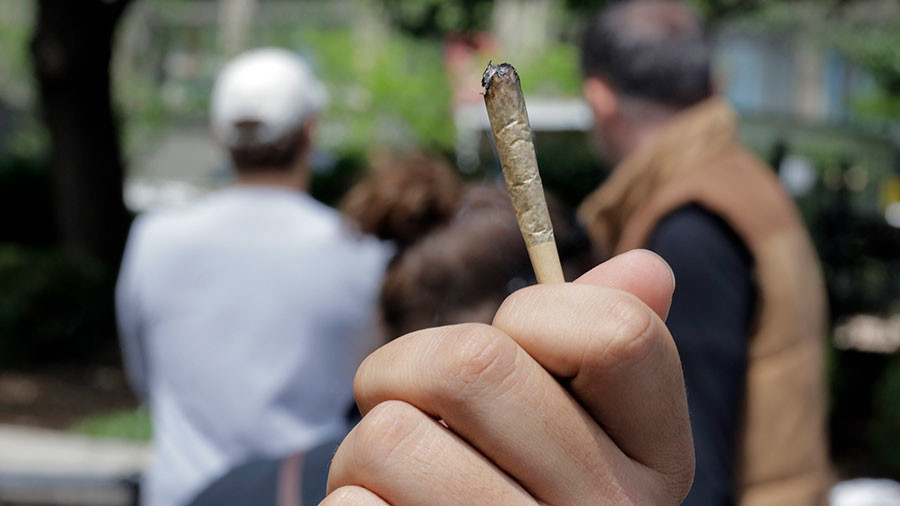Like Nixon, Reagan’s declaration of a “war on drugs” preceded any national crisis. More significantly, his own campaign strategist, Lee Atwater, admitted it was politically motivated. In an audio interview, Atwater explained the evolving strategy of talking about race without talking about race:
You start out in 1954 by saying, “Nigger, nigger, nigger.” By 1968 you can’t say “nigger”—that hurts you, backfires. So you say stuff like, uh, “forced busing,” “states’ rights,” and all that stuff, and you’re getting so abstract. Now, you’re talking about cutting taxes, and all these things you’re talking about are totally economic things and a byproduct of them is, blacks get hurt worse than whites. . . . “We want to cut this” is much more abstract than even the busing thing, uh, and a hell of a lot more abstract than “Nigger, nigger.”
Being “tough on crime,” then, became code for solving the “race problem.” The emphasis on “law and order” was used to subconsciously communicate a message of “inner-city danger.” The unprecedented millions of dollars to fund prison-building in the 1980s prepared to house a prison population that surpassed 1 million by 1990. While the United States is only 6 percent of the world’s population, we have 25 percent of the world’s incarcerated population. This phenomenon results in part from the “war on drugs.”
Keeping pot illegal, keeps Black men in prison.

